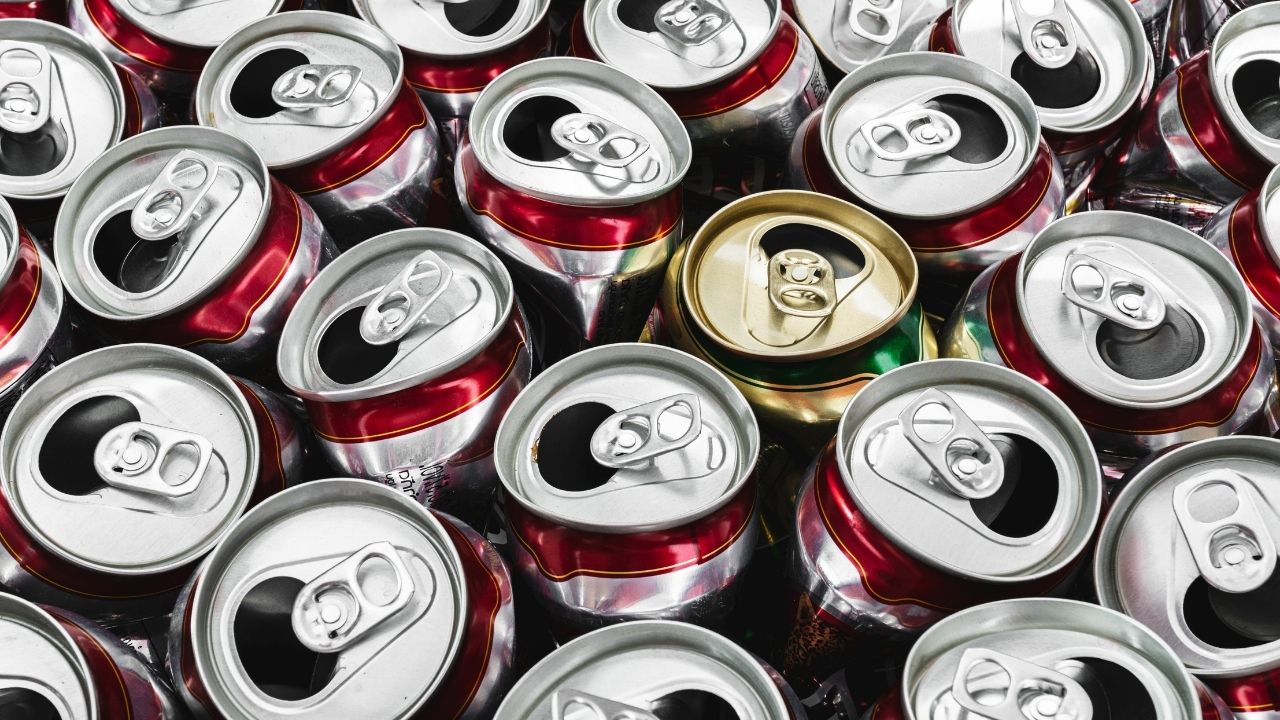Most scrapyard transactions are of a business-to-business nature—yards build relationships with contractors, demolition crews, and manufacturers who are glad to supply scrappers with the metals that keep the industry going. Scrapyards don’t often do business with typical civilians. Homeowners may place old metal goods at the curb for discreet pickup at night, but no money changes hands in the transaction—they’re simply happy to discard it, and scrappers are happy to pick it up.
By volume, most of a scrapyard’s material is iron or steel, but the real money is in non-ferrous metals like copper, zinc, and aluminum. Aluminum has many uses, but it’s most familiar to consumers as the material in their soda cans. Whether those cans contained cola, ginger ale, or even the “acquired taste” of Moxie, those empties have value for their consumers and scrappers. Here’s why scrapyards should collect aluminum cans from as many sources as possible.
The More Aluminum, the Better
Not every household places a premium on recycling. Far too often, empty cans wind up in the garbage with the rest of the refuse. This is wasted metal and wasted money. Aluminum’s lightness and recyclability give it a high resale value. Make it known that you’re open for business when it comes to can collection and watch the cans pile in. People will realize they’ve been throwing money away.
Encourages More Recycling from Consumers
Recycling is necessary for conserving finite natural resources like glass, petroleum-based plastics, and metals. Unfortunately, recycling isn’t always a top-of-mind issue for consumers. Being able to turn waste products into instant cash may turn recycling into a real priority—which is an important part of why scrapyards should collect aluminum cans. If consumers know they can set aside their aluminum cans for a few extra dollars, they’ll start building good habits toward weekly recycling, too, even if they won’t see immediate rewards.
It’s Good for Business
As we mentioned, scrapping is a relationship business. Recyclers form valuable partnerships with the providers they rely on for scrap. By establishing yourself as a recycling destination for everyday consumers, you’ll elevate the profile of your facility. When other yards’ relationships go sour, your facility can offer an alternative. Robust business at the consumer level can’t hurt and could help when providers start shopping around.











